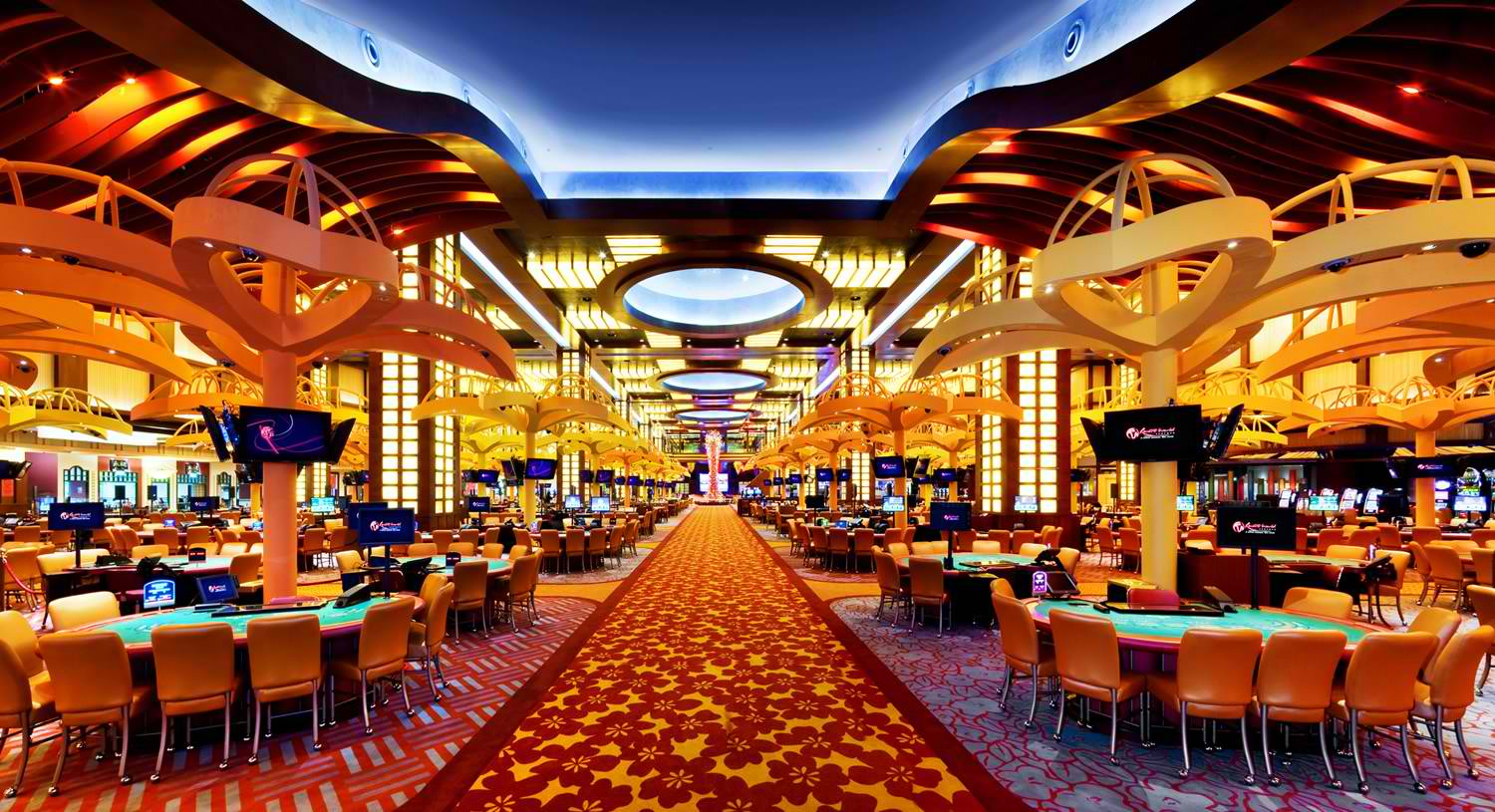Examining the Ethics of Gambling Gaming

Gambling in casinos has long been a topic of fascination and debate, drawing in millions of players around the world. With a mix of chance, skill, and the excitement of risk, casino games offer an exciting escape from everyday life. However, as entertainment becomes ever more accessible, it invites a more thorough examination of the ethical implications surrounding these games.
At the heart of the discussion lies the question of whether casinos promote safe gambling or exploit at-risk individuals. The allure of potential winnings versus the truth of losses can create a complex dynamic, and understanding this balance is crucial for both players and operators. As we delve into the morals of casino gaming, we will explore the responsibilities of casinos, the impact on society, and the steps that can be taken to foster a better gaming environment.
The Impact of Casino Gaming on Society
Gambling in casinos has a considerable influence on society, affecting not only the economy but also interpersonal dynamics and local frameworks. The revenue generated from casinos can lead to job creation and boost regional economies, as they provide multiple employment opportunities in different sectors including food and beverage, entertainment, and retail. However, while the economic advantages can be substantial, communities often struggle with the potential negative impacts that arise from increased gambling activity.
Additionally, the presence of casinos can lead to an rise in gambling addiction, presenting serious challenges for individuals and families. The excitement of casino games can quickly evolve into a habitual habit, affecting personal relationships and leading to financial instability. Many players may struggle with the loss of control over their gambling habits, resulting in a need for assistance programs and interventions to address this growing issue. The social cost of gambling addiction can extend through families and neighborhoods, creating an urgent need for responsible gaming initiatives.
In addition to the economic and social ramifications, casino gaming often showcases cultural attitudes towards uncertainty and entertainment. It can encourage a sense of joy and leisure, attracting visitors and boosting tourism. However, this allure may also conceal the broader implications of gambling as a form of entertainment, provoking ethical questions about its promotion and availability. As communities weigh the advantages and disadvantages of casino gaming, the need for responsible practices and oversight becomes increasingly critical in ensuring that the positive aspects are maximized while reducing the negative effects.
Moral Concerns in Betting Practices
The morality of casino operations often center around the potential for addiction and its consequences on individuals and families. Gambling can lead to serious financial distress, impacting not only the gamblers but also their families. As individuals become entrapped in the appeal of winning, many lose track of their budget, which can result in catastrophic outcomes such as bankruptcy. This raises moral questions about the duty of casinos in fostering responsible gaming habits and offering support for those who may be struggling with betting addiction.
Another critical concern is the promotion of betting to vulnerable groups. Gambling establishments often aim at low-income individuals or communities with the offer of fast rewards, which can perpetuate patterns of financial struggle and hopelessness. In this context, the morality of advertising strategies used by gambling establishments come under examination, as they may take advantage of the need of people seeking an escape from financial hardships. This manipulation raises ethical questions about the integrity of the betting industry and its responsibility to protect its most at-risk customers.
Additionally, the effect of casino gaming on society as a whole cannot be ignored. While some argue that gambling establishments create employment and boost local economies, others point to the social costs associated with dysfunctional betting, increased criminal rates, and a burden on public resources. Balancing economic benefits with the potential for social harm presents a challenging ethical dilemma for lawmakers and gambling operators alike. The difficulty lies in discovering a responsible approach that takes into account the well-being of individuals and society while still permitting for the enjoyment of casino gaming.
Regulatory Framework and Responsibilities
The legal system related to gaming activities is created to ensure fairness, integrity, and participant safety. KUBET Various government entities and casino commissions establish and implement regulations that dictate how gambling games operate, the guidelines for product creation, and the procedures for handling prizes. These regulations differ by region but typically involve licensing requirements for operators and stringent measures to prevent fraud and dishonesty.
In furthermore to regulatory bodies, casino businesses bear major accountability in preserving moral standards within their facilities. They must enforce safe gambling practices that support gambler safety and awareness, including providing self-exclusion options and sharing information about the dangers connected to gambling. Casinos are also obligated for instructing workers to spot signs of problem gaming and understand the correct actions to assist customers in distress.
Furthermore, transparency in gaming operations is crucial for gaining and keeping public confidence. Casinos should provide clear details about the chances of operations, advertising opportunities, and any associated dangers. By promoting an environment of transparency and accountability, operators can help mitigate the possible harmful impact of betting while boosting the complete gaming experience for all gamblers.
Gambling in casinos has long been a topic of fascination and debate, drawing in millions of players around the world. With a mix of chance, skill, and the excitement of risk, casino games offer an exciting escape from everyday life. However, as entertainment becomes ever more accessible, it invites a more thorough examination of the…
Recent Posts
- Top-notch 10 Must-Try Online Casinos for a Thrilling Gaming Experience
- The Top 10 Online Casino Games for Beginners to Try Today
- Maximizing Your Winnings in Online Slot Tournaments: A Comprehensive Guide
- The Rise of Mobile Casino Slot Games On the Web: A Trend to Watch
- The Emergence of Portable Casino Machine Games Online: An Evolution to Keep an Eye On